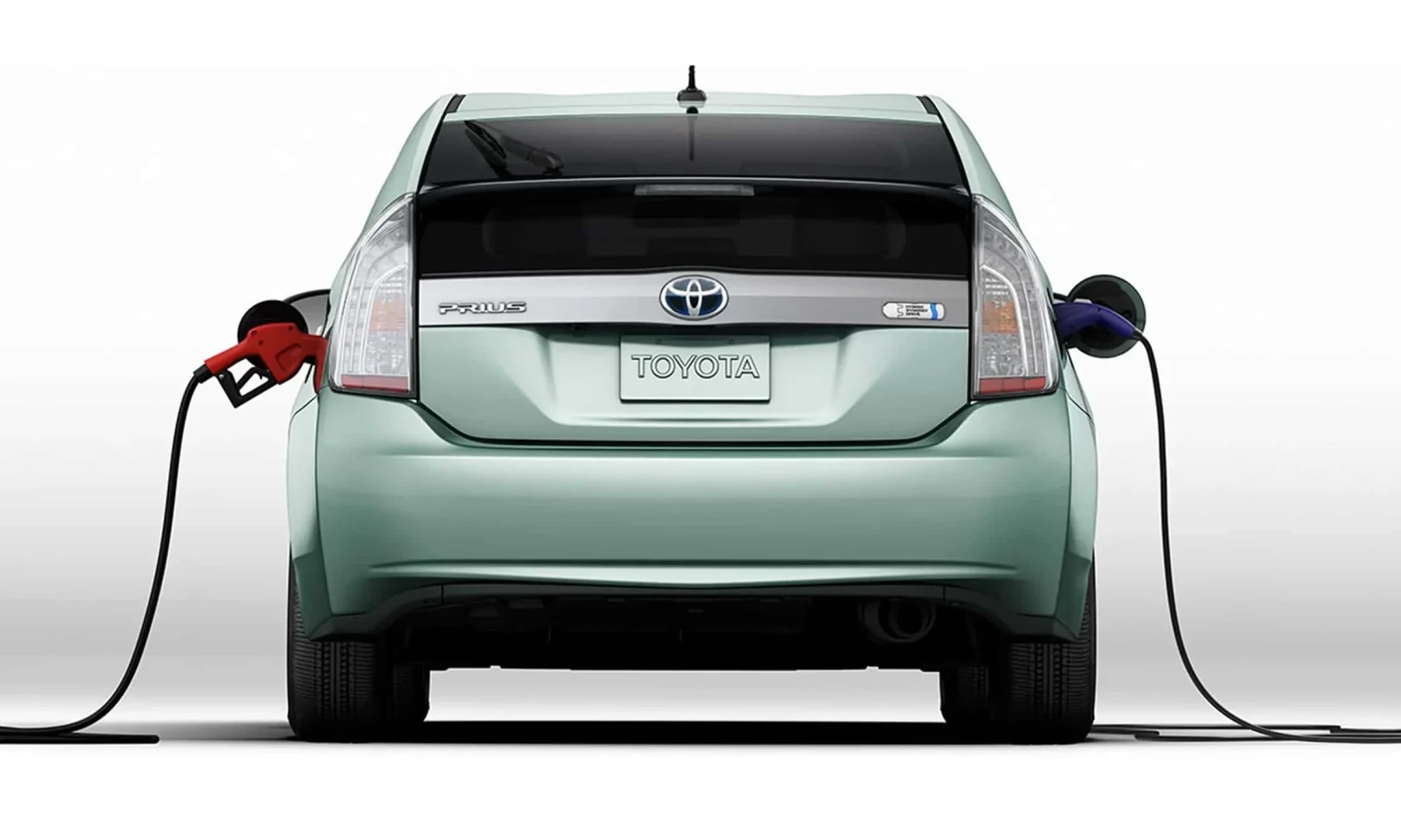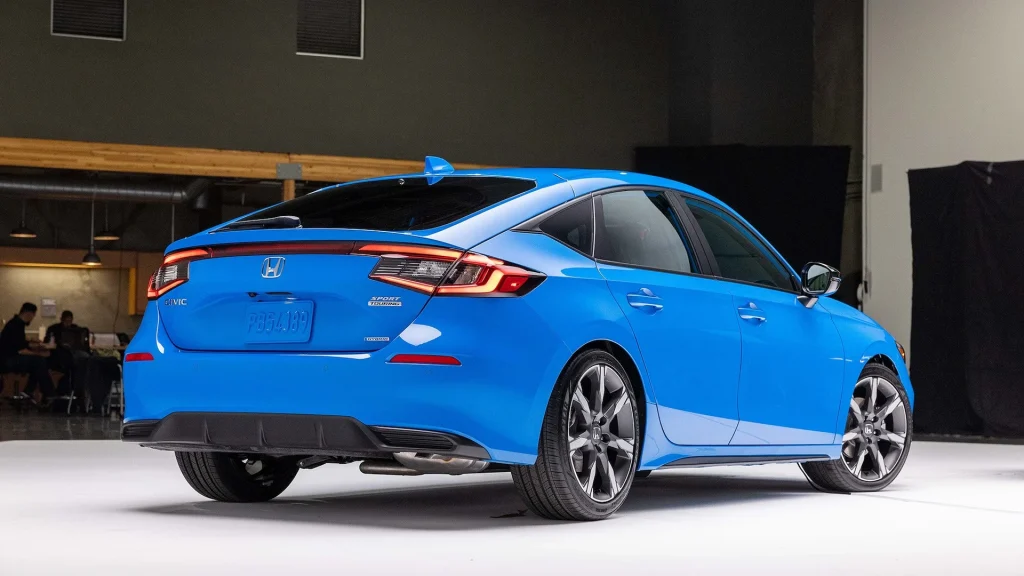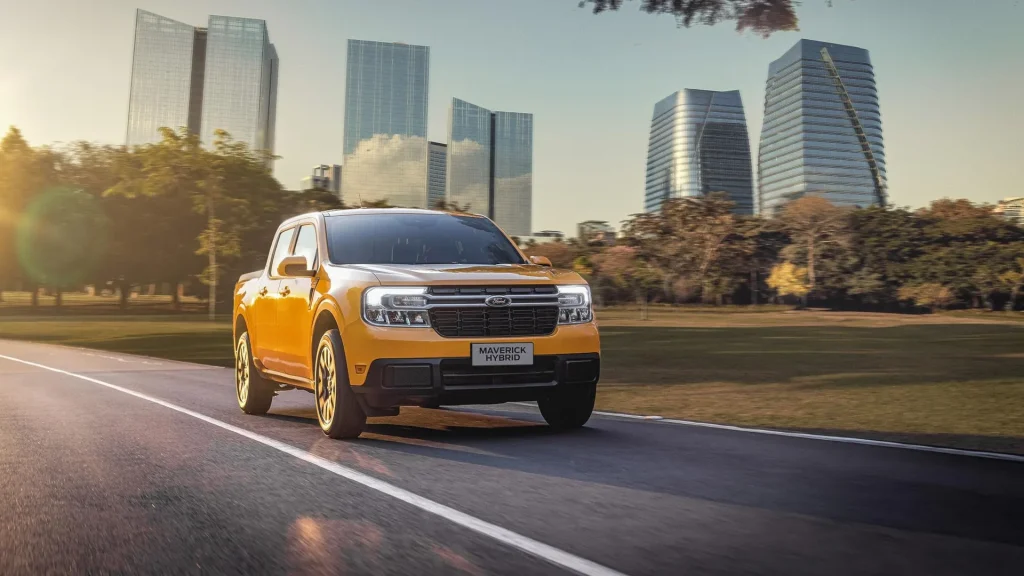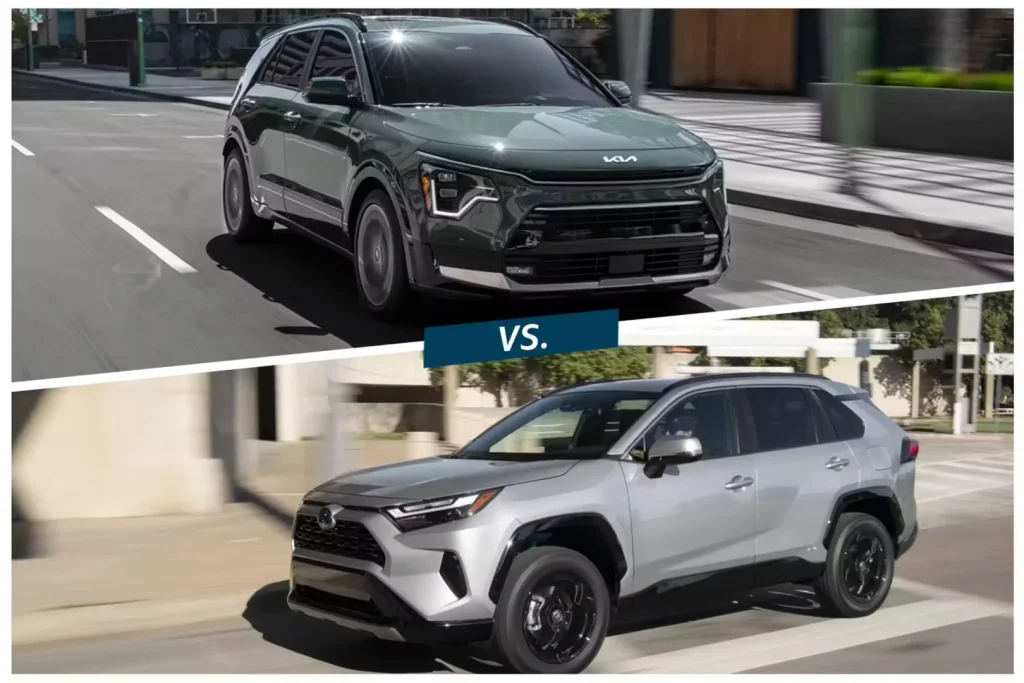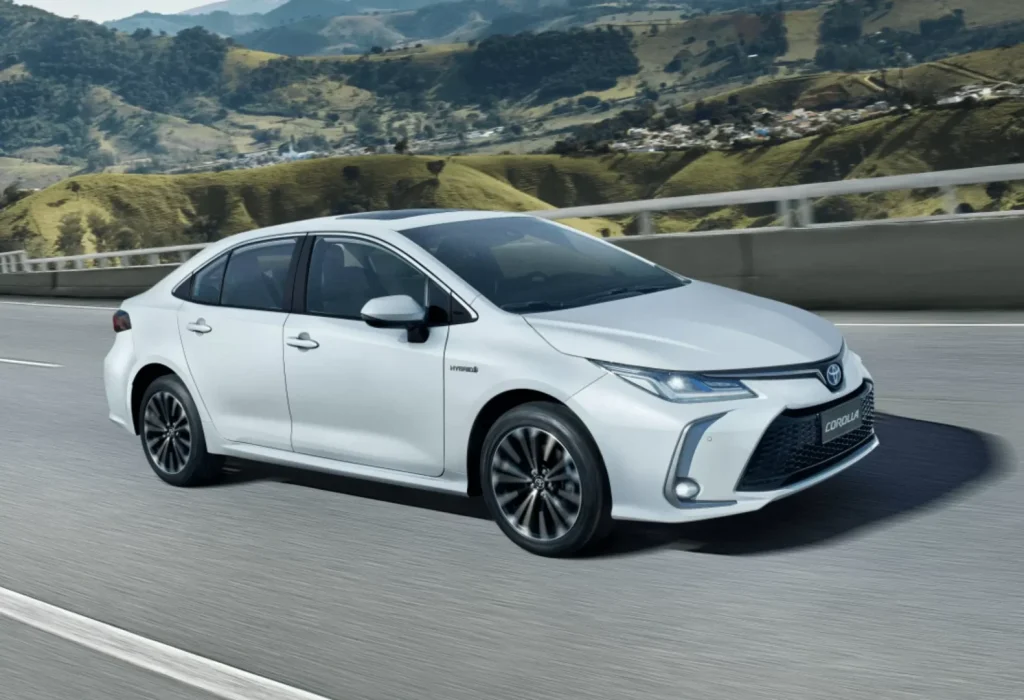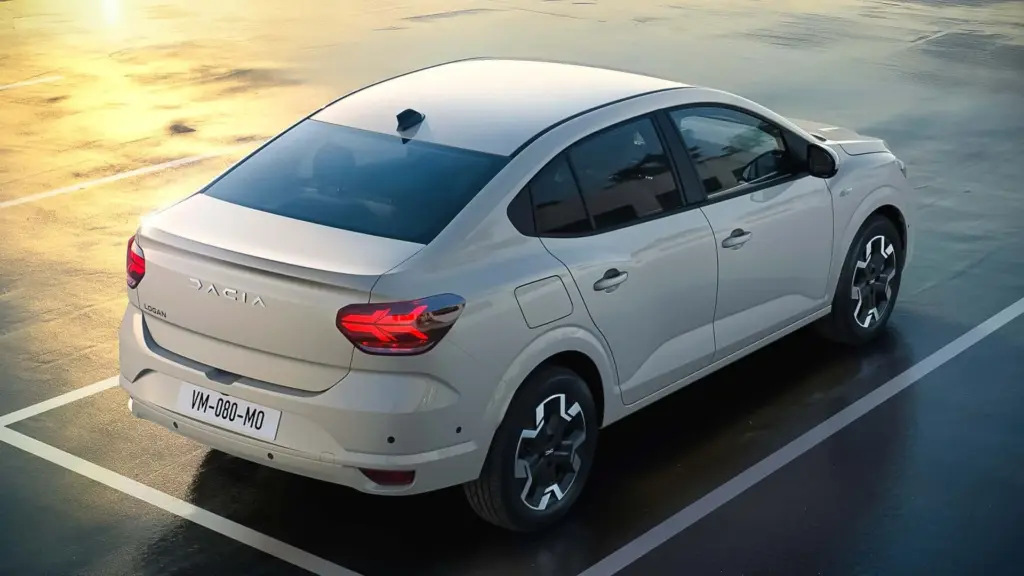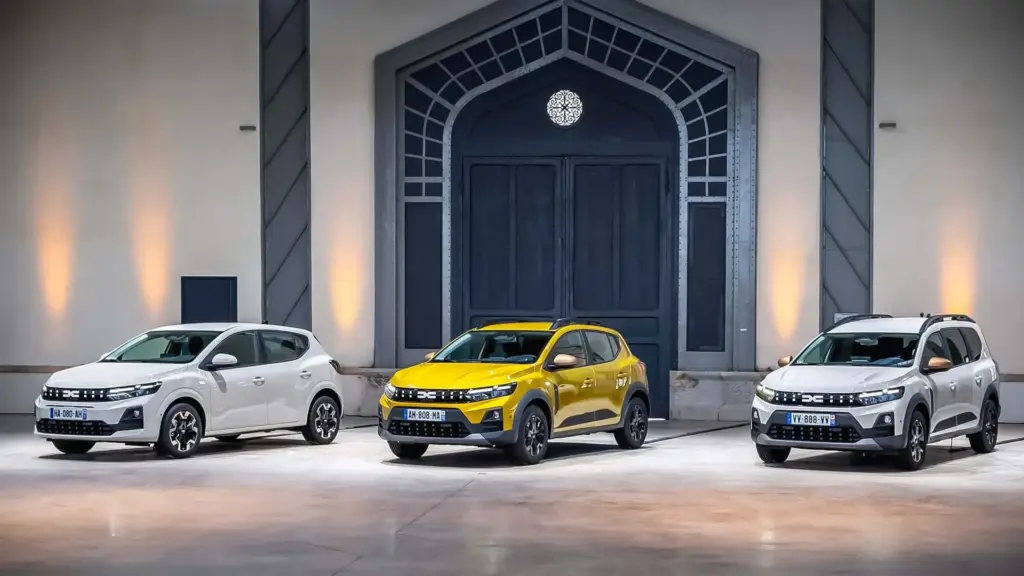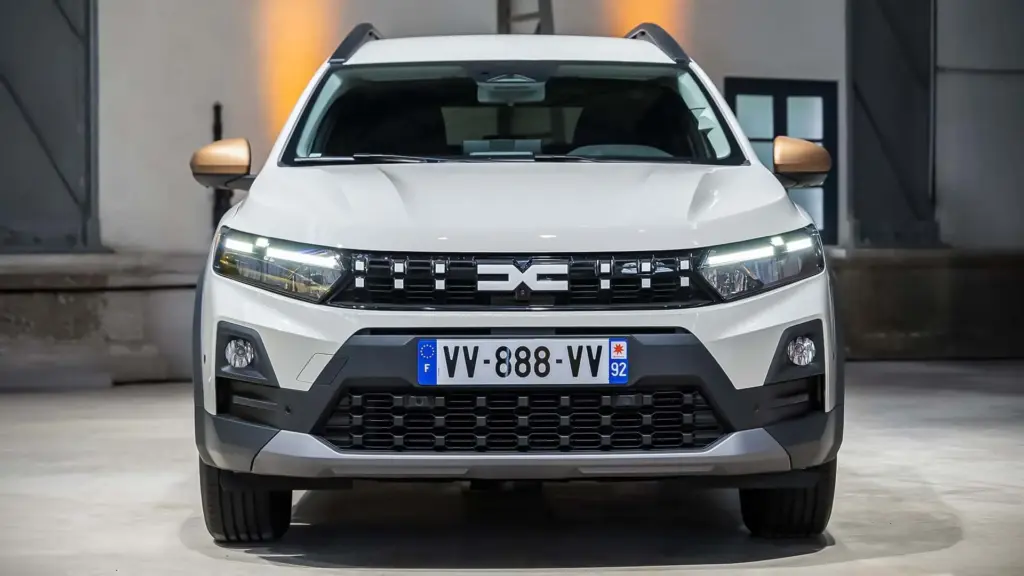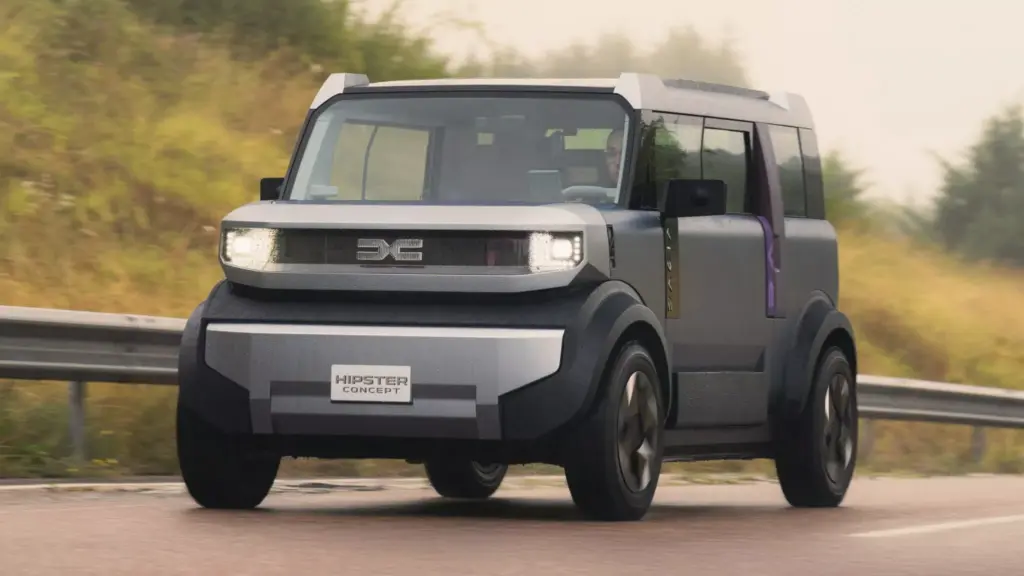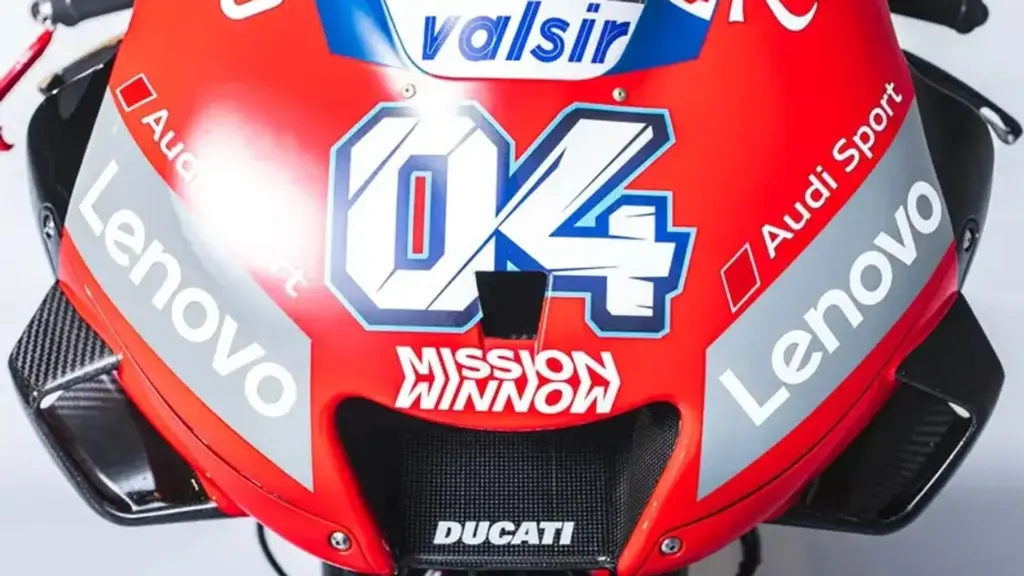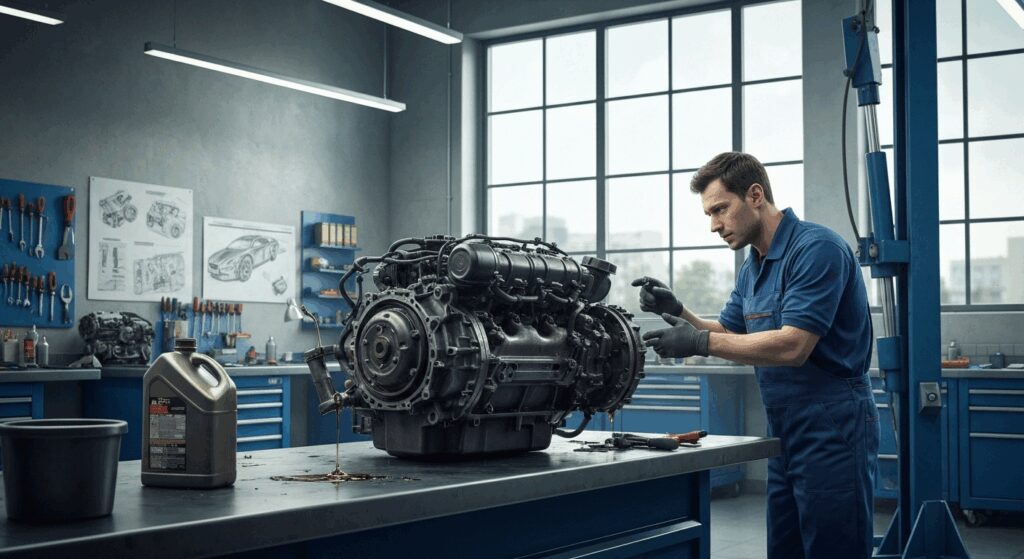Hybrid cars have gained prominence in discussions about sustainable mobility and fuel efficiency. With a combination of electric motors and combustion engines, these vehicles promise not only savings but also an adaptive driving experience. However, it is essential to understand how hybrid cars work, especially in different traffic conditions and on long trips. In this article, we will address the peculiarities of hybrid cars and their advantages in urban environments and on highways, as well as provide tips for making the most of this technology on long journeys.
Hybrid Car: Fuel Economy at High Speed
Hybrid cars are designed to maximize fuel economy, especially in urban settings, where smooth acceleration and energy regeneration play a vital role. When driving at high speeds, the dynamics change. While many expect hybrid cars to be more efficient on highways, the reality is that their performance can be different. At constant speeds, such as on motorways, combustion engines often operate at higher efficiencies, but without the same regenerative capacity they have in cities.
A practical example is the 2025 Honda Civic Hybrid. It features a 2.0-liter engine that, compared to the non-hybrid version, offers significantly better fuel economy — 50 mpg in the city and 47 mpg on the highway, compared to 32 mpg in the city and 41 mpg on the highway for the conventional model. This demonstrates that, despite disadvantages in some situations, hybrid cars still have a lot to offer in terms of efficiency at high speeds.
It is important to note that the battery of hybrid cars does not suffer wear during high-speed driving, as they are not being constantly charged and discharged. This means that the battery’s durability is not compromised on long trips, providing a practical solution for those looking to save fuel on extended journeys while maintaining vehicle efficiency.
Advantages of Hybrid Cars in Urban Traffic
Hybrid cars are ideal for urban traffic due to their motorization configuration. With electric motors assisting the combustion engine, these vehicles can operate more efficiently at low speeds. During stops and decelerations, the hybrid system reuses energy that would normally be wasted. This regeneration process not only improves fuel efficiency but also contributes to reducing pollutant gas emissions.
Additionally, hybrid cars perform better in congestion situations. Since electric motors can operate independently, the vehicle can move smoothly at low speeds using only electric power, saving fuel and increasing range. This allows drivers to make the most of their hybrid cars even in challenging urban environments.
Another aspect to consider is the economic impact. With the potential to save on fuel, hybrid car owners have the opportunity to reduce their monthly expenses. The savings generated from efficient fuel use can be significant over time, making hybrid cars a financially viable option for those living in urban areas.
Comparison: Hybrid Car vs. Plug-in Hybrid
When comparing hybrid cars and plug-in hybrids, it is crucial to understand the differences in their operations. Plug-ins offer a larger battery capacity, allowing for a significant electric range before the combustion engine kicks in. On the other hand, traditional hybrid cars rely more on the combustion engine and use electric power mainly to assist with acceleration and efficiency at low speeds.
In a daily use scenario, plug-ins excel in short trips, where they can operate solely on electricity. However, once the battery charge is depleted, they function as a conventional hybrid. This can be a disadvantage on long trips, where the added weight of the battery may affect the vehicle’s overall efficiency, especially at higher speeds.
Both types of hybrids have their advantages and disadvantages. While hybrid cars are more flexible for long distances without the concern of frequent recharging, plug-ins offer the advantage of not using fuel on short trips, making them more economical. Therefore, the choice between a hybrid car and a plug-in depends on each driver’s needs and habits.
Tips for Long Trips with Your Hybrid Car
To maximize efficiency on long trips with a hybrid car, it is essential to plan strategic stops. When stopping to refuel, consider also recharging the battery, if possible, to better take advantage of fuel savings and electric range. Often, the combination of both can result in a more economical and enjoyable trip.
Another practical tip is to use the driving mode that favors efficiency. Many hybrid cars have driving modes that optimize the use of the battery and the combustion engine. Using these modes can help keep fuel consumption at lower levels, especially on roads where traffic may vary.
Finally, preventive maintenance is essential to ensure that the hybrid car operates optimally. Regularly check tire pressure, oil levels, and other components. A well-maintained car not only saves fuel but also provides a safer and more comfortable driving experience during your trips.
Hybrid cars offer a practical and economical solution for those seeking fuel efficiency, whether in urban environments or on highways. With a clear understanding of how these machines work, it is possible to make the most of their advantages. If you are considering acquiring a hybrid vehicle, think about your driving needs and choose the option that best suits your lifestyle.
Author: Fabio Isidoro
Founder and editor-in-chief of Canal Carro, he dedicates himself to exploring the automotive universe with depth and passion. A car and technology enthusiast, he produces technical content and in-depth analyses of national and international vehicles, combining quality information with a critical eye for the public.

